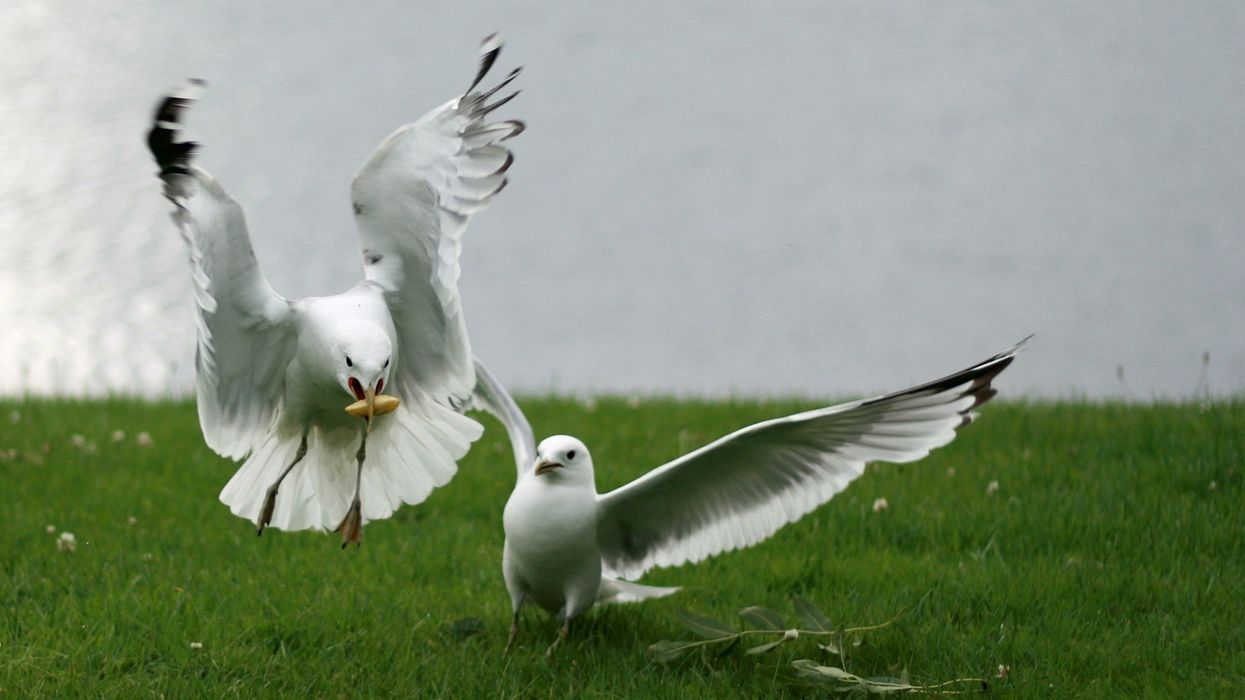Louis Dor
Jan 25, 2020

Image:
iStock
Using a computer simulation of animals foraging, scientists have sought to explain why humans share food and information, and animals do not.
The study, published in the Proceedings of the Royal Society B, simulated individual animals searching, collecting and competing for food, which was spread over patches that would change over time.
The food was sometimes evenly distributed and plentiful, and sometimes concentrated and highly valuable.
Individuals had to share food if they foraged in the same place, meaning that animals learned to ignore others if food was more evenly distributed around the environment, neglecting to share information as to how to obtain it.
Marco Smolla, a researcher from the University of Manchester, said:
There is simply not much use in following others when an individual could also just find food on its own and then doesn’t have to compete with others.
This is the opposite behaviour to humans, as we have learned to share information and teach each other in order to overcome the impact of competition - using resources that were scarce, or shareable.
Dr Susanne Shultz of the University of Manchester said:
It does not pay to share a blade of grass or a leaf from a tree. So animals that eat such foods do better by making their own decisions about what to eat rather than copying others.
However, it does make sense to copy individuals using highly valuable foods even if the proceeds need to be shared.
So, it is possible a key part of human evolution was learning to use sharable resource, for example by hunting large game.
More: Finland's prime minister says he will share his house with refugees
More: What the world would look like if humans had never existed
Top 100
The Conversation (0)













